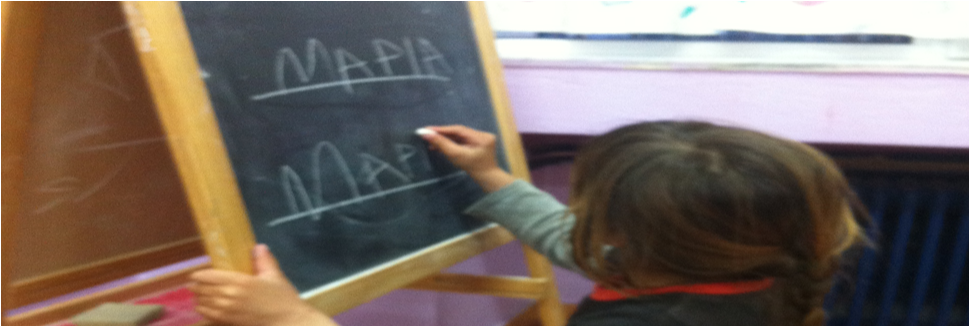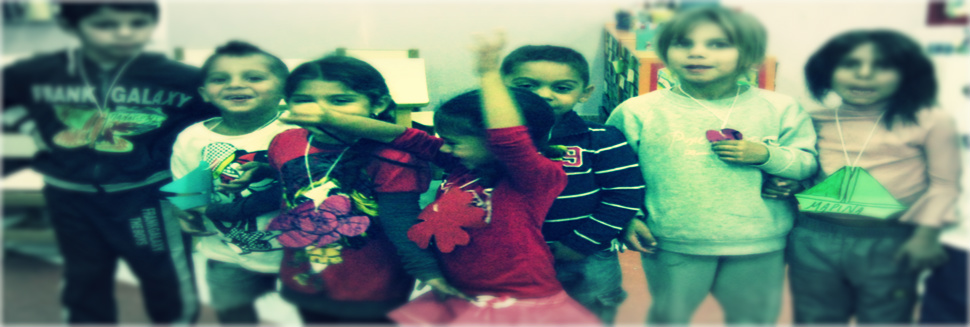About the Roma T&T project

The project Roma Teaching & Training (Roma T&T) is a European project (funded by the Lifelong Learning Programme- Key Activity 1: Roma Multilateral Projects & Networks) which deals with the issue of the absence of pre-school education for the Roma children.
The project aims to develop and test a model for the organization of pre-school centers especially designed for Roma children that will prepare them (in the format of a nursery school) to be better prepared to integrate in the school environment.
The activities of these centers will take into consideration the specific cultural background of the Roma children and will be supervised by two intercultural intermediators, one Roma and one non-Roma.
Another aim of the project is to ensure that these intercultural intermediators that will supervise the Roma children and facilitate their activities in the pre-school centers are properly trained. Therefore, it will organize workshops for the training of the intercultural intermediators as well as e-learning courses that will enable distance training of intercultural intermediators all over Europe.
The trainers that will train the intercultural intermediators will attend a transnational workshop in which they are going to exchange expertise, opinions and ideas with their counterparts from the other partner countries in the field related with intercultural education.
The project consortium is constituted of 5 partners from 4 countries (Greece, Italy, Spain, Hungary) and represents all the major stakeholders in the sector (Roma Associations, organizations expert in the field of intercultural intermediation, organizations dealing with disadvantaged children organizations expert in the field of ICT based training).
During the piloting phase, it is envisaged that 80 children from the partner countries are going to attend for 6 months these pre-school centers and be better prepared to face the school environment. Also, the model for the organization of the pre-school centers will be transferable and exploitable in other environments and the material for the training of intercultural intermediation will be available online and free to use.
















